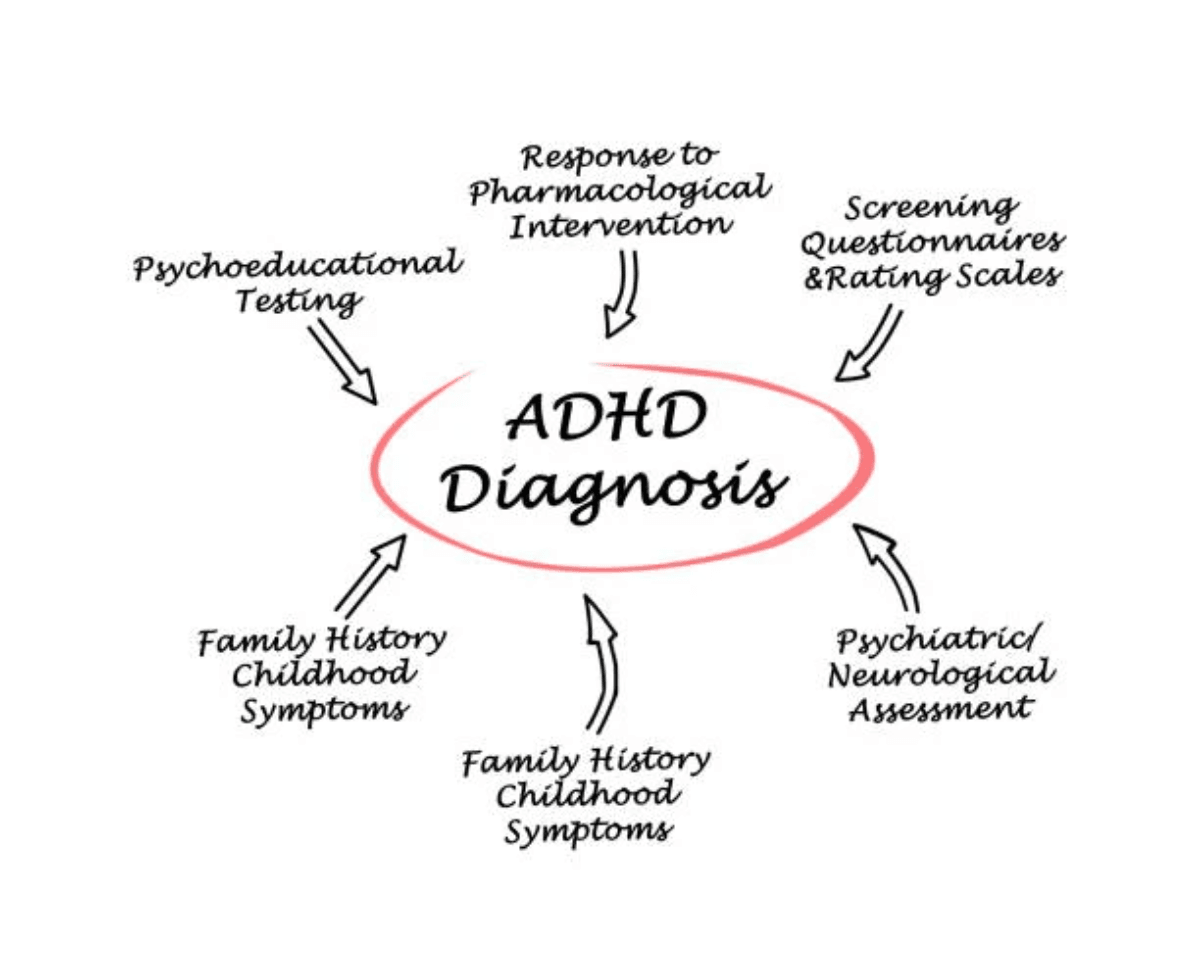
As a parent or individual, it can be overwhelming to navigate the complexities of Attention Deficit Hyperactivity Disorder (ADHD). With its symptoms ranging from inattention and hyperactivity to impulsivity, it's crucial to receive a proper diagnosis and treatment plan. In Tucson, Arizona, ADHD evaluations are a vital step in identifying and managing this neurodevelopmental disorder. In this article, we'll delve into the importance of ADHD evaluations, the process involved, and what you can expect from a comprehensive evaluation.
What is ADHD?
Before we dive into the evaluation process, it's essential to understand what ADHD is. ADHD is a neurodevelopmental disorder characterized by symptoms of inattention, hyperactivity, and impulsivity. These symptoms can manifest differently in individuals, making it challenging to diagnose. Inattention symptoms may include difficulty sustaining focus, following instructions, and completing tasks. Hyperactivity symptoms may include fidgeting, restlessness, and an inability to remain still. Impulsivity symptoms may include interrupting others, blurting out answers, and difficulty waiting for one's turn.
Why is an ADHD Evaluation Necessary?
An ADHD evaluation is necessary for several reasons. Firstly, a proper diagnosis is crucial for developing an effective treatment plan. Without a diagnosis, individuals may struggle to manage their symptoms, leading to difficulties in personal and professional relationships. Secondly, an evaluation helps to rule out other conditions that may mimic ADHD symptoms, such as anxiety, depression, or sleep disorders. Thirdly, an evaluation provides a comprehensive understanding of an individual's cognitive, emotional, and behavioral strengths and weaknesses, enabling the development of personalized strategies for success.
The Evaluation Process
The ADHD evaluation process typically involves a comprehensive assessment, which includes a combination of the following components:
1. Clinical Interview: A thorough clinical interview with a qualified healthcare professional, such as a psychologist or psychiatrist, is the first step in the evaluation process. During this interview, the healthcare professional will gather information about your symptoms, medical history, and family history.
2. Behavioral Rating Scales: The healthcare professional may use standardized behavioral rating scales, such as the Vanderbilt Assessment Scale or the Conners' Rating Scales, to gather information about your symptoms from parents, teachers, or other caregivers. Get more info here about the ADHD Evaluations Tucson.
3. Cognitive and Neuropsychological Tests: These tests assess attention, working memory, processing speed, and other cognitive functions. Examples of cognitive tests include the Continuous Performance Task and the Test of Variables of Attention.
4. Behavioral Observations: The healthcare professional may observe your behavior during the evaluation, taking note of any symptoms or behaviors that are consistent with ADHD.
What to Expect During the Evaluation
During the evaluation, you can expect the following:
1. A thorough clinical interview, which may take up to an hour.
2. Completion of behavioral rating scales, which may take up to 30 minutes.
3. Administration of cognitive and neuropsychological tests, which may take up to 2 hours.
4. Behavioral observations, which may take up to 30 minutes.
After the Evaluation
Following the evaluation, the healthcare professional will review the results and provide a diagnosis and treatment plan. If you are diagnosed with ADHD, the treatment plan may include:
1. Medication: Stimulant medications, such as Ritalin or Adderall, are commonly used to treat ADHD symptoms.
2. Behavioral Therapy: Behavioral therapy, such as cognitive-behavioral therapy (CBT), can help individuals develop strategies for managing symptoms and improving relationships.
3. Lifestyle Changes: Lifestyle changes, such as regular exercise, a balanced diet, and sufficient sleep, can help alleviate symptoms.
Conclusion
ADHD evaluations in Tucson are a crucial step in identifying and managing this neurodevelopmental disorder. By understanding the importance of ADHD evaluations, the process involved, and what to expect during the evaluation, you can take the first step towards receiving a proper diagnosis and treatment plan. Remember, a comprehensive evaluation is essential for developing an effective treatment plan and improving your overall quality of life.